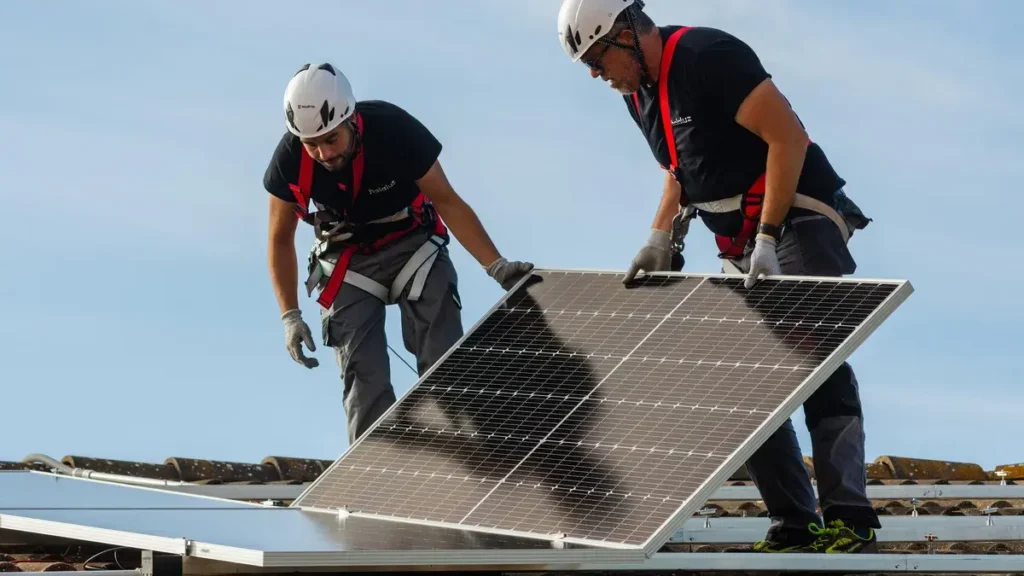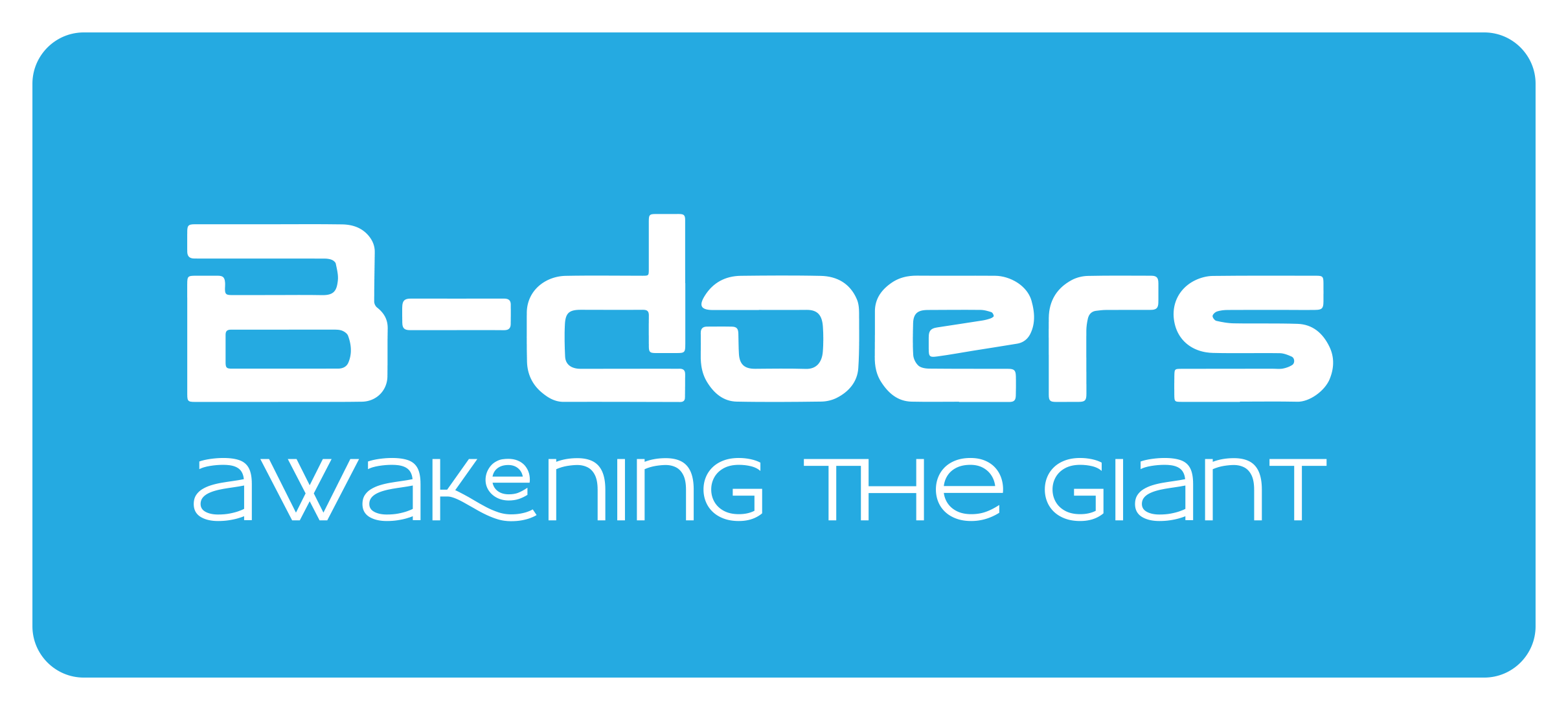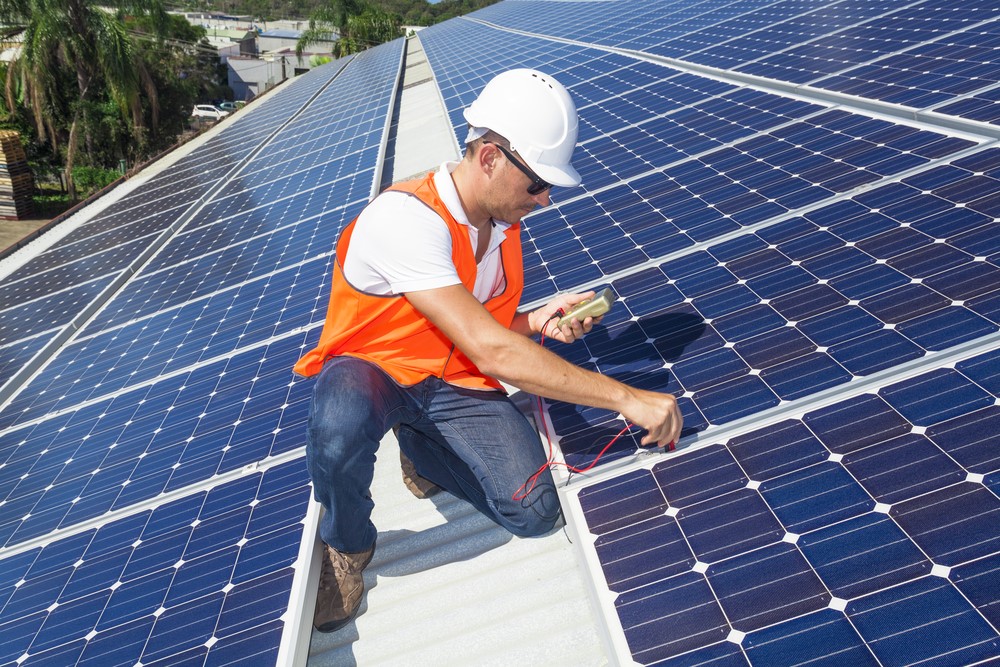Solar panel installation
Introduction:
The business plan aims to establish a solar panel installation company in Africa, catering to the rising demand for clean energy in the region. The company will offer customized solar solutions for residential, commercial, and industrial customers, focusing on affordability, quality, and efficiency. The business model will incorporate innovative technologies and financing options to address the key challenges of solar adoption in Africa. The target market will be primarily the urban areas of African countries with high electricity demand and limited access to reliable grid power. The company’s vision is to become a leading player in the African solar energy market, promoting sustainable development and social impact.

Market Analysis:
Africa is a region with immense potential for solar energy due to its abundant sunlight and increasing energy demand. According to the International Energy Agency, Africa’s electricity demand is expected to double by 2040, and solar energy could contribute up to 15% of the total energy mix. The market for solar panel installation in Africa is still in its early stages, with most countries having less than 5% of their energy generated from renewable sources. However, the trend is shifting towards sustainable energy, with several African governments setting renewable energy targets and implementing supportive policies. The market potential is significant, and early entrants could gain a competitive advantage in the long run.
Business Model:
The company’s business model will focus on three core elements: customization, affordability, and efficiency. The company will offer tailored solar solutions to meet the unique energy requirements of each customer, taking into account factors such as location, power consumption, and budget. The company will leverage innovative technologies such as IoT, AI, and blockchain to optimize solar panel performance and enable remote monitoring and maintenance. The company will also partner with leading manufacturers to ensure the highest quality of solar panels and components.
To address the affordability challenge, the company will introduce innovative financing options such as pay-as-you-go (PAYG) and leasing models. The PAYG model will allow customers to pay for the solar system over time through mobile money or other digital payment platforms, making solar energy accessible to a broader market segment. The leasing model will enable commercial and industrial customers to lease the solar system with no upfront capital investment, reducing their energy costs and improving their bottom line.
Marketing and Sales:
The company will adopt a multi-channel marketing and sales strategy to reach its target market. The primary channels will include digital marketing, referrals, and partnerships with local installers and distributors. The company will develop a user-friendly website and mobile app to showcase its solar solutions and enable customers to request quotes and schedule installations. The company will also leverage social media platforms and search engine optimization to increase its online visibility and attract leads. Referrals will be an essential source of business, and the company will incentivize its customers to refer their friends and family to the company. Finally, the company will partner with local installers and distributors to expand its reach and improve its service quality.
Operations and Management:
The company’s operations will be managed by a team of experienced professionals with expertise in solar energy, engineering, finance, and marketing. The company will establish a centralized management system to oversee all aspects of the business, including sales, installation, maintenance, and customer service. The company will also invest in training and development programs to enhance the skills of its employees and ensure the highest standards of service delivery.
Financial Projections:
The company’s financial projections are based on conservative assumptions and take into account the initial capital investment, operating expenses, and revenue streams. The company aims to break even in the third year of operations and generate a net profit margin of 15% by the fifth year. The revenue streams will include solar panel sales, installation fees, and recurring maintenance services. The company’s revenue target for the fifth year is $5 million, with a customer base of 5000 installations.
conclusion: The solar panel installation company in Africa has a tremendous potential for growth and impact. By offering affordable, customized, and efficient solar solutions, the company can contribute to the shift towards sustainable energy and address the energy access challenge in the region. The company’s innovative business model and multi-channel marketing strategy can position it as a leader in the African solar energy market, promoting sustainable development and social impact. With the right team, technology, and partnerships, the company can achieve its vision of becoming a leading player in the African solar energy market and contribute to the transformation of the energy sector in Africa.







